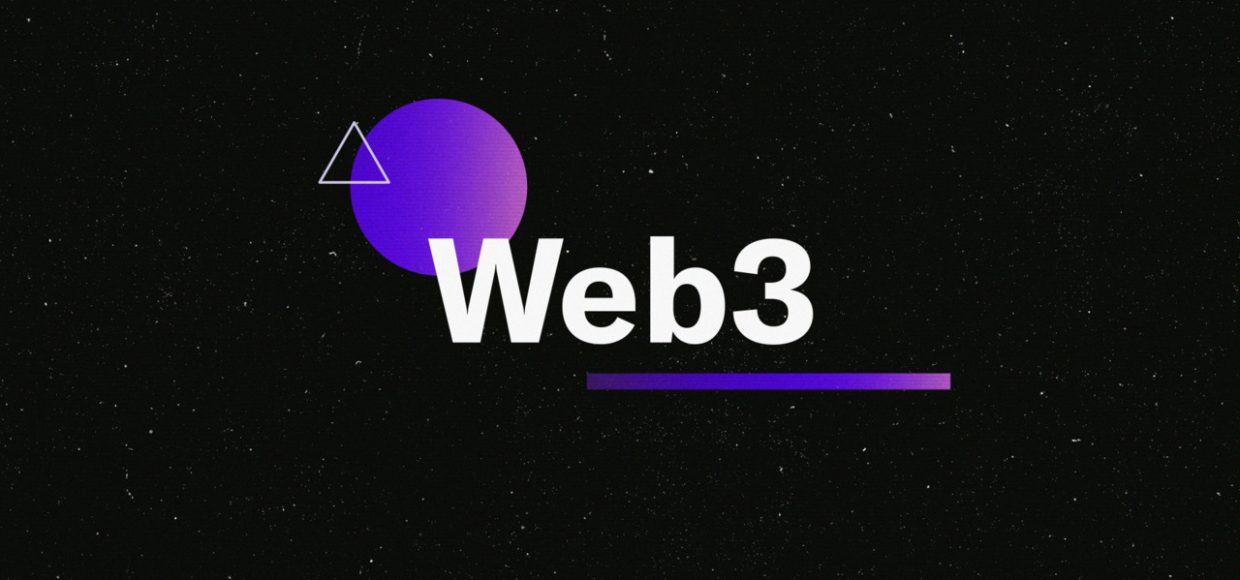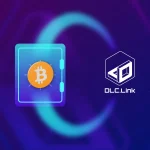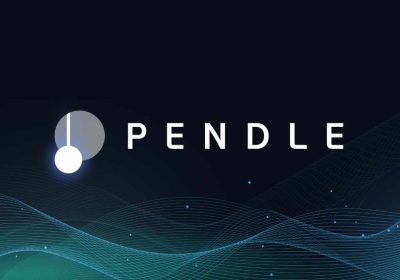The trillion-dollar real estate market is undergoing a revolutionary transformation with Web3 technology. This article explores how tokenization and Decentralized Autonomous Organizations (DAOs) are reshaping property investment and management. Discover insights from our interview with the founder of Thovt, a pioneer in tokenized real estate, and learn how these technologies increase liquidity, lower entry barriers, and enhance transparency.
Table Of Content
Introduction
The trillion-dollar real estate market is on the brink of a revolutionary transformation, thanks to the innovative technology of Web3. In this article, we explore how tokenization and Decentralized Autonomous Organizations (DAOs) are reshaping property investment and management. We delve into insights from our recent interview with the founder of Thovt, a pioneer in tokenized real estate. For those interested in the full interview, stay tuned until the end.
The Evolution of Real Estate in the Web3 Era
Thanks to Web3 technologies, the real estate industry is on the cusp of a significant transformation. Traditional real estate transactions often involve lengthy processes, high fees, and numerous intermediaries. Tokenization, facilitated by blockchain technology, aims to streamline these processes, reduce costs, and increase transparency.
What is Tokenized Real Estate?
Tokenized real estate involves converting property ownership into digital tokens on a blockchain. Each token represents a fraction of the property, allowing for fractional ownership. This approach democratizes real estate investment, making it accessible to a broader audience. Investors can buy, sell, or trade these tokens on various platforms, similar to how stocks are traded on stock exchanges.
Benefits of Tokenization
- Increased Liquidity: Traditional real estate investments are often illiquid, meaning they cannot be easily sold or converted into cash. Tokenization allows for fractional ownership, enabling investors to buy and sell portions of property quickly and easily.
- Lower Entry Barriers: Tokenized real estate lowers the financial barriers to entry, allowing more people to invest in real estate. Investors can purchase small fractions of a property, making it accessible to those who might not afford whole properties.
- Transparency and Security: Blockchain technology ensures all transactions are transparent and secure. Smart contracts automate and enforce the terms of agreements, reducing the risk of fraud and the need for intermediaries.
The Role of DAOs in Real Estate
Decentralized Autonomous Organizations (DAOs) are a crucial component of the Web3 ecosystem. In real estate, DAOs can manage tokenized properties democratically. Property owners and investors can participate in decision-making processes, such as property management and maintenance, through voting mechanisms integrated into the DAO.
How DAOs Transform Property Management
DAOs introduce a decentralized approach to property management. Here’s how:
- Collective Decision-Making: All stakeholders have a say in significant decisions, ensuring that the interests of the majority are prioritized.
- Automated Processes: Smart contracts within DAOs automate routine tasks like rent collection and maintenance requests, increasing efficiency and reducing management costs.
- Transparent Operations: Every transaction and decision is recorded on the blockchain, making operations transparent and reducing the potential for disputes.
Challenges and Considerations
While the potential benefits of tokenized real estate and DAOs are significant, several challenges need addressing:
- Regulatory Compliance: Navigating the complex regulatory landscape is crucial. Different jurisdictions have varying regulations regarding real estate and securities, which can impact the implementation of tokenized real estate projects.
- Technology Adoption: The adoption of blockchain technology in real estate is still in its early stages. Educating stakeholders and ensuring the technology is user-friendly are essential steps for widespread adoption.
- Market Volatility: The value of tokenized real estate can be subject to market fluctuations, similar to traditional real estate and other asset classes.
Conclusion
The integration of Web3 technologies, particularly tokenization and DAOs, presents a revolutionary approach to real estate. By increasing liquidity, lowering entry barriers, and enhancing transparency, these technologies have the potential to democratize real estate investment and streamline property management. However, navigating regulatory challenges and ensuring broad adoption remain critical to realizing this potential fully.
Stay tuned to the Building Web3 Podcast for more insights into how Web3 is transforming industries and creating new opportunities. If you’re passionate about real estate, tokenization, or launching a Web3 startup, now is the time to get involved and explore these exciting developments. For the full interview with the founder of Thovt, and to stay updated with the latest in Web3, follow @jaxxdwyer on Twitter. If you would like to work with us, visit Building Web3.
Remember, always conduct thorough research and consult with financial professionals before making investment decisions.








No Comment! Be the first one.